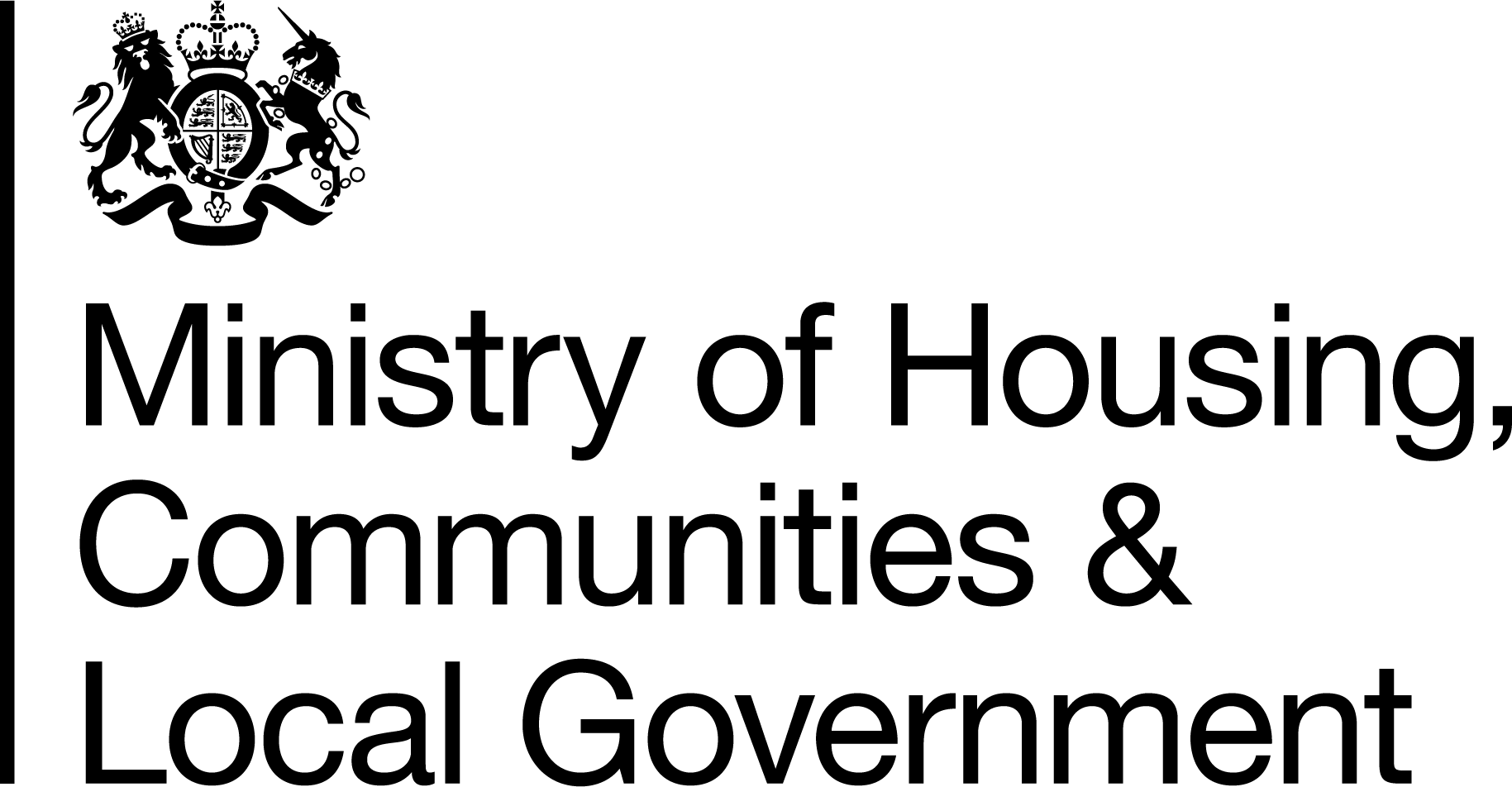Consultation and call for evidence: Electrical Safety in the Social Rented Sector
Overview
Everybody should be able to live in a safe home, and the government is committed to creating a fair and just housing system that works for everyone. The number of social homes classified as non-decent fell from 20% to 13% from 2010 to 2020[1], and through the Levelling Up White Paper and the Social Housing White Paper, we committed to radically improve housing quality and set out our ambitions to ensure that housing is safe and decent. Part of meeting these ambitions is to consider how to protect social housing residents from electrical harm. Poor electrical safety can have devastating effects and can even cost lives, which is why we are considering what steps the government can take to raise standards and improve safety for social housing residents.
In 2016, the Electrical Safety Standards Working Group was established to discuss the risks private sector tenants face in the home from electrical hazards and whether legislative intervention was required to improve electrical safety standards in the private rented sector. The Group’s recommendations were consulted on in 2018, and legislation to require testing of electrical installations came into force for private landlords in 2020. The remit of the Group did not extend to the social rented sector and the Electrical Safety Standards in the Private Rented Sector (England) Regulations 2020 do not apply to the social rented sector.
Following the Grenfell Tower tragedy in 2017, we published the Social Housing Green Paper in 2018 to seek views on proposals to reform social housing, including proposals to ensure social homes are safe and decent. The Green Paper asked whether there should be parity between the rented sectors in respect of safety standards, and the vast majority (90%) of respondents were in favour of equal safety standards. That is why, in the 2020 Social Housing White Paper, we committed to consult on measures to ensure that social homes are safe in respect of electrical safety.
Following the publication of the White Paper, we formed the Electrical Safety in Social Homes Working Group to help inform this consultation. The Group consisted of technical and sector representatives who shared their experience and expertise to inform our early policy thinking. The Group met three times between March and July 2021 and considered proposals that included mandating electrical safety installation checks in social housing every five years, to bring standards in the social rented sector in line with those in the private rented sector. The Group also considered the safety of electrical appliances and products, including the role that landlords could play in keeping residents informed of the dangers of using poor quality electrical products.
The Electrical Safety in Social Homes Working Group was strongly supportive of the introduction of mandatory checks on electrical installations at least every five years, to establish parity with the private rented sector. The Group was also supportive of mandatory testing of any electrical appliances that social landlords provide as part of a tenancy. This consultation looks at these two policies in detail, including their impact and implementation considerations, and seeks views on whether these are the best courses of action to protect social residents from electrical harm.
The Electrical Safety in Social Homes Working Group also raised concerns about owner-occupied leasehold properties in mixed-tenure blocks that include social rented properties. In these blocks of flats, poor electrical safety standards for the owner-occupied leasehold properties risk compromising the safety of the block as a whole. This could undermine the efforts and financial contributions of social landlords to improve electrical safety in their stock. Therefore, this consultation also welcomes views on whether owner-occupiers/ leasehold properties within social housing blocks would benefit from mandatory checks of electrical installations at least every five years.
We would like to thank the members of the Electrical Safety in Social Homes Working Group and everyone who submitted evidence to support the development of this consultation.
In the attached consultation and call for evidence document, specifically, the Department for Levelling Up, Housing and Communities is asking for your views on proposals to improve electrical safety in the social housing sector, namely:
- Proposal A: Mandatory checks on electrical installations for social housing at least every five years.
- Portable B: Mandatory Portable Appliance Testing (PAT) on all electrical appliances that are provided by social landlords as part of a tenancy.
- Call for Evidence: Mandatory checks on electrical installations for owner-occupier leasehold properties within social housing blocks at least every five years.
We would also like to take this opportunity to thank you in advance for taking the time to read the consultation and call for evidence document and providing a response either in writing or responding to this on-line survey.
[1] English Housing Survey Section 2 data on non-decent homes see table AT2.3 https://www.gov.uk/government/statistics/english-housing-survey-2020-to-2021-headline-report
Why your views matter
We welcome all views, but we would be particularly interested in hearing from social housing tenants and leaseholders, social housing landlords, electrical safety industry professionals, technical experts and other organisations and individuals with an interest in this topic.
How to Respond: please see the full consultation and call for evidence document here Consultation and complete your responses on-line here.
Body responsible for the consultation: Department for Levelling Up, Housing and Communities
Duration: this consultation and call for evidence will run for 12 weeks from 8 June 2022 to 31 August 2022
What happens next
Thank you for responding to the Consultation and Call for Evidence on Electrical Safety in the Social Rented Sector.
Your responses will be analysed and we will publish the government response on the Department's website in due course.

Share
Share on Twitter Share on Facebook